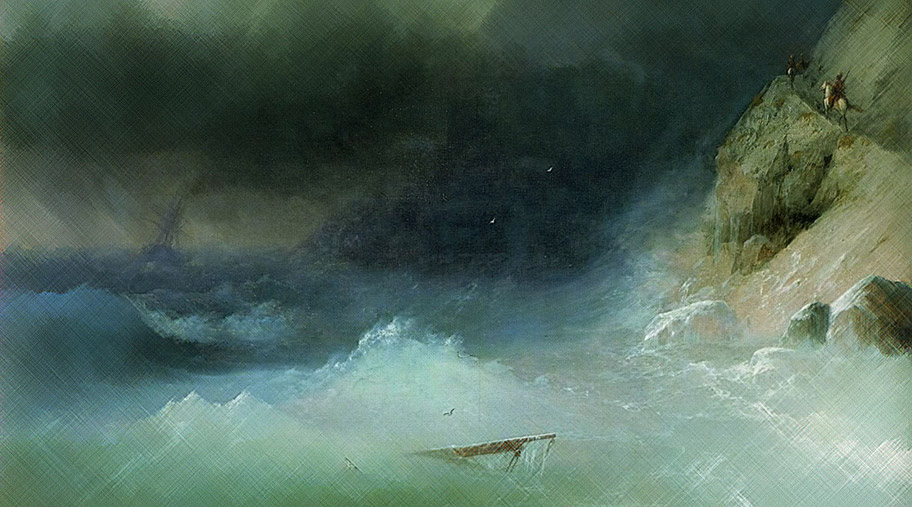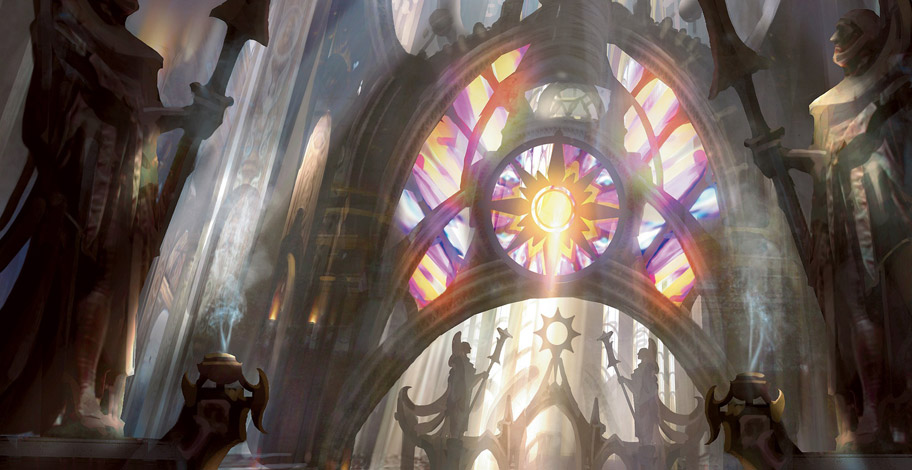Juxtaposition is one of the most powerful tools in a writer’s arsenal
One of my favourite novels is Cao Xuequin and Gao E’s Dream of Red Mansions, which has nothing we would recognise as a plot by modern standards: it follows the “twelve beauties of Jinling”, the main characters of a decaying household in China under the Qing dynasty; and juxtaposes and contrasts their experiences to achieve a powerful and moving tapestry of narratives that speak both to the female and human experience.
This act of juxtaposition is one of the most powerful tools in a writer’s arsenal, and one that I’m particularly affectionate towards. A common example is dichotomies for characters: X being a foil for protagonist Y, or the opposites antagonist/protagonist, hero/villain. I prefer to think of it in terms of contrasts, to decentre the story—I go for moral ambiguity very often, and therefore my fiction tends to function in terms of POV characters rather than heroes. Read More »
Bring on the controversy, and strap in for a devil’s advocate view through some eye-opening history, because certain game-changing books were never ‘discovered spontaneously.’ Notably, the profile of these landmark fantasy authors share a profile of mature scope and depth, and stories that open with adult protagonists.
First, busting the myth that Tolkien was ‘discovered’ and broke out by readership word of mouth is not true: Betty Ballantine’s actual account relates how Tolkien’s career blossomed through a publishing scandal.
Allen Unwin first published Professor Tolkien in Great Britain in hardbound. At the time, copyright law in the USA protected up to 2000 unbound copies of a book to be imported as loose pages, to be bound and sold by a US firm. Houghton Mifflin handled Tolkien this way, in routine partnership with Allen Unwin. Nobody paid much attention, though Ian and Betty Ballantine loved the story and offered for paperback rights. Professor Tolkien declined, avoiding what he considered a tacky American edition. Over a period of ten years, when the British edition underwent reprint, repeated lots of unbound sheets of were brought in and sold by Houghton Mifflin in quiet obscurity. Enter a certain paperback publisher’s back room lawyers, who tracked publication records, trolling for the loophole that titles compiling more than the allotted 2,000 loose sheets slid into the public domain. On that legal technicality, Tolkien’s Lord of the Rings was reprinted as the very lurid paperback professor Tolkien had wished to avoid, and worse, with no royalties owed to the author. Read More »
Editor’s Note: Myke Cole submitted this essay on November 21st, 2013, parallel to the historic graduation of three women from the Marine Corps’ Infantry Training Battalion course It was the first time in the 238-year history of the Marine Corps that this happened. As we know, however, it is far from setting precedent for the rest of human history.
Today, the first three women graduated infantry school for the US Marine Corps. I don’t have to tell you how big a deal this is. It marks the start of an era where our military steps out of a dark age that has limited not only our esteem, but our combat effectiveness, permitting us to tap a resource we have ignored for years for a host of non-reasons too numerous and too farcical to review here.
Life imitates art, folks say. The inverse is also true, so it’s not surprising to see military fiction taking females more seriously, especially in combat roles. The Oh-John-Ringo-No set is seeing its twilight. It no longer represents the military we know, where women hold combat arms roles. It lacks the authenticity that readers of military fiction crave.
People are saying that this is a victory for women, that they have struggled and fought and finally earned the right to be held as equals behind the gun.
I call BS. Read More »
Why did Shakespeare write fantasies? Why not mainstream topics, such as histories and romantic comedies?
Before we examine this question, let us examine a few others first: Fantasies are fun! Why doesn’t everybody read them? What is mainstream? Why is a story about ordinary life considered mainstream, while an equally charming fantasy is relegated to the back of the bookstore?
I had a bit of insight into this many years ago, when I first became a writer. Through a mutual friend, I connected with a fellow writer who was hard at work on a mystery. I was writing a fantasy with a great deal of mystery elements, so this sounded like a great meeting of minds. We exchanged manuscripts and then met for coffee.
How could a staff be magical? It caused a person to teleport? How does that work? The reader isn’t going to be able to follow this without an explanation.
I pointed out a few inconsistencies in her otherwise well-appointed story. She thanked me. Then, frowning over her drink, she pointed to my manuscript and said, “In this scene here, your character uses a ‘magic staff?’ You don’t explain what a ‘magic staff’ is. How could a staff be magical? It caused a person to teleport? How does that work? The reader isn’t going to be able to follow this without an explanation.”
In that moment, I learned a tremendous amount about writing and human nature.
I learned that my novel would never be a mainstream novel, that people who lived their lives only concerned about daily life wanted to read about the issues they encountered in said daily life, and that the ideas that we fantasy and science fiction readers take for granted are extraordinary and intimidating to the ordinary reader. I was writing a novel for fantasy fans. People who already understood what a magic item was. Such people did not need explanations about the basics. They were already familiar with these concepts.
Mainstream readers are not. Read More »
I’m really grateful for Aidan’s invitation to come and guest blog here at A Dribble of Ink. When he approached me, we talked about a post on religion in fantasy, which is a rather broad topic – and one that’s of great interest to me. But as I’ve thought about it more and more, the topic has narrowed itself down to my own personal exploration of religion through the mechanism of writing. Anyone even the slightest bit familiar with my work will see that religion shows up in one form or another across my body of work, probably even more so than my other favorite exploration: apocalypse. Frequently, the two of them are hand in hand.
These days, I’m mostly known as the author of the series The Psalms of Isaak (hey, look at the religious language right there in the title!) but long before I wrote novels, I was slogging it out in the world of short stories with something in the vicinity of twenty stories published before my first novel found a home. And while one important aspect of my series is an exploration of the role of religion in human life and how it can be used as a weapon or tool, my short stories are wide-open playground jam-packed with far more opportunities to explore many of the “what-if’s” around the subject. Read More »





